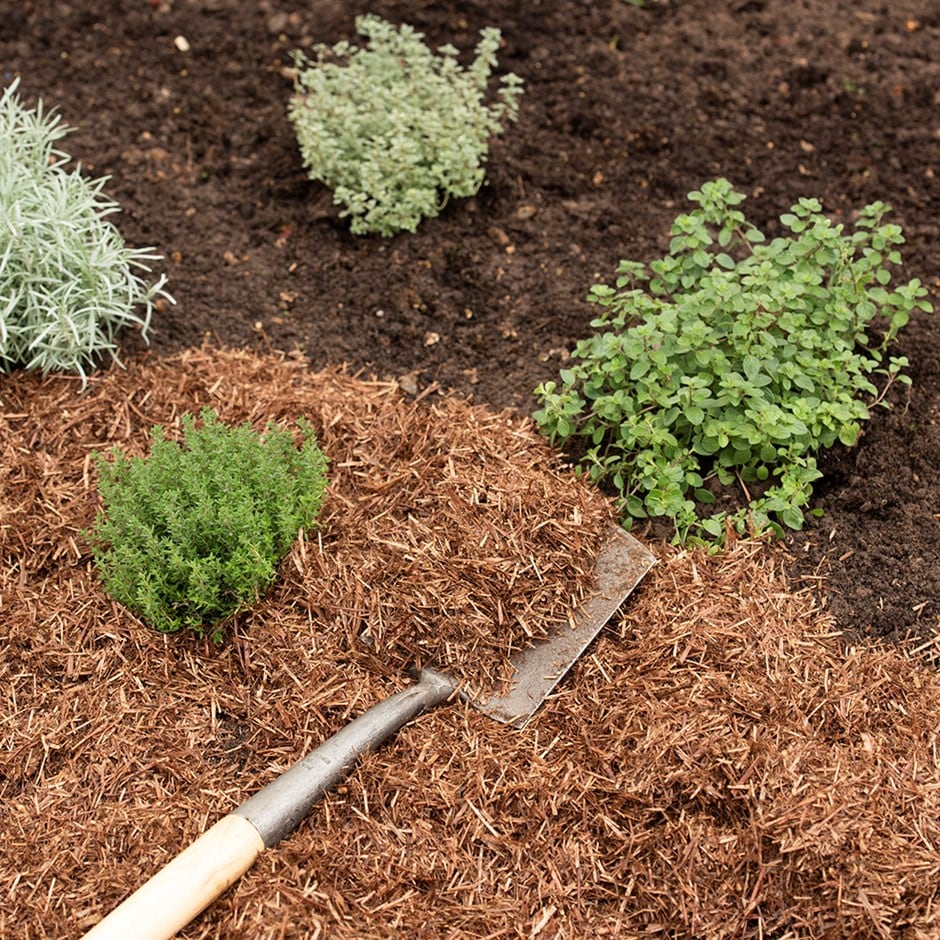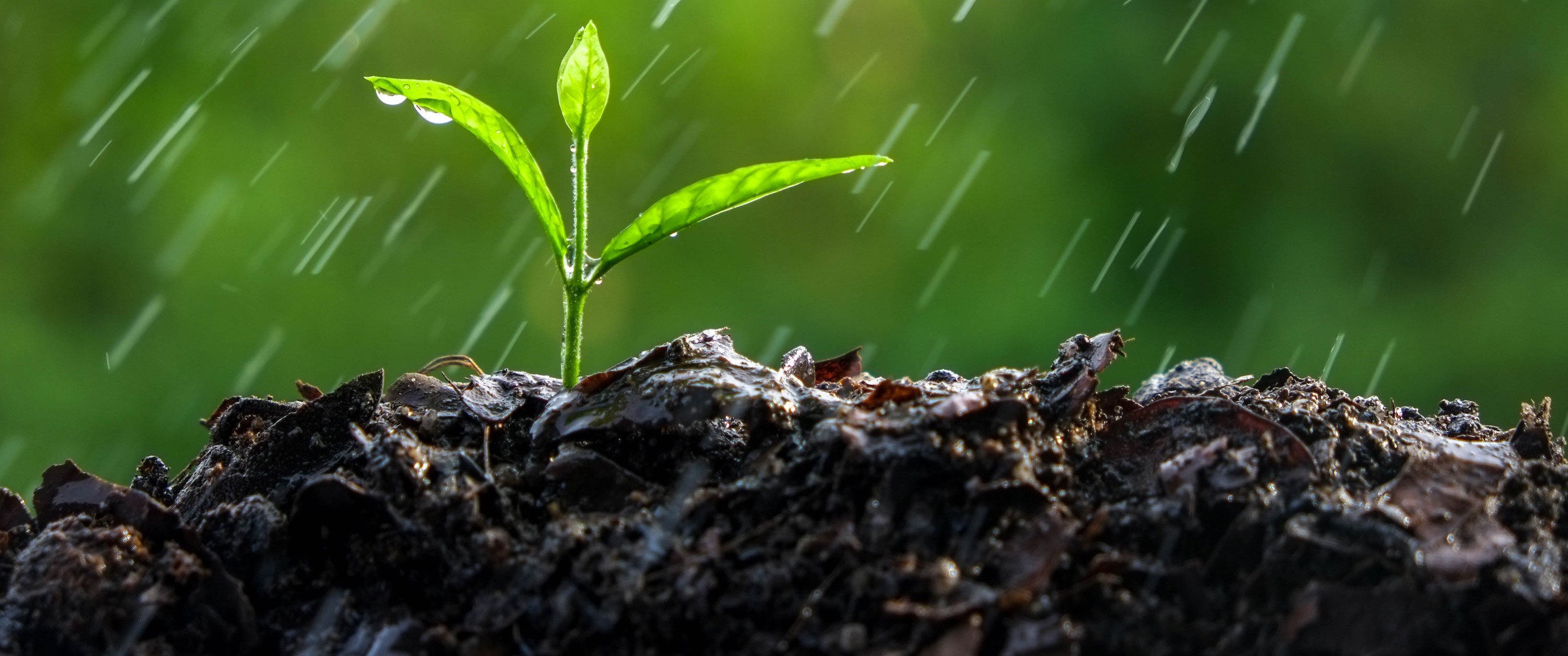How to Use Mulch for Better Garden Growth

Imagine your garden as a bustling city. The plants are the citizens, the soil is the infrastructure, and the mulch? Well, mulch is like the city's support system, providing essential services that keep everything running smoothly. But how do you make the most of this support system? Let's dive into the world of mulch and discover how to use it for better garden growth.
Understanding Mulch: The Garden's Best Friend
Mulch is any material, organic or inorganic, that you spread over the soil in your garden. Organic mulching materials include wood chips, straw, grass clippings, and leaves. These materials not only improve soil moisture but also enhance garden health by adding nutrients as they decompose.
The Benefits of Mulch: A Closer Look
Improved Soil Moisture
Mulch acts like a protective blanket, shielding the soil from the sun's heat and reducing evaporation. This helps maintain consistent soil moisture, which is crucial for plant growth. Think of it as a natural air conditioner for your garden, keeping the roots cool and hydrated.
Enhanced Garden Health
Organic mulch breaks down over time, enriching the soil with essential nutrients. This process mimics the natural cycle of decomposition in forests, creating a healthier environment for your plants. It's like giving your garden a nutritious diet, ensuring it stays strong and vibrant.
Weed Control
Mulch blocks sunlight, preventing weed seeds from germinating. This means less competition for your plants and fewer weeds to pull. It's like having a natural weed barrier, making your gardening tasks a lot easier.
Temperature Regulation
Mulch insulates the soil, protecting plant roots from extreme temperature fluctuations. This is especially important in regions with harsh winters or scorching summers. It's like providing your plants with a cozy blanket in winter and a sun hat in summer.
Choosing the Right Mulch
Not all mulches are created equal. The type of mulch you choose depends on your garden's needs and your personal preferences. Here are some popular options:
- Wood Chips: Ideal for trees and shrubs, wood chips decompose slowly and provide long-lasting benefits.
- Straw: Great for vegetable gardens, straw decomposes quickly and adds plenty of nutrients to the soil.
- Grass Clippings: Perfect for lawns and flower beds, grass clippings are readily available and decompose rapidly.
- Leaves: Excellent for all types of gardens, shredded leaves are a free and abundant resource in the fall.
How to Apply Mulch: Step-by-Step Guide
Preparation
Before you start, make sure your garden is weed-free. Remove any existing weeds and rake the soil to create a smooth surface. This will ensure that the mulch lies evenly and provides maximum benefits.
Mulch Application
Spread the mulch evenly over the soil, aiming for a depth of 2-4 inches. Be careful not to pile mulch against plant stems or tree trunks, as this can cause rot. Think of it as dressing your garden in a comfortable, breathable outfit—not too tight, not too loose.
Maintenance
Over time, organic mulch will decompose and need to be replenished. Check your garden regularly and add more mulch as needed. This will ensure that your plants continue to benefit from the mulch's protective and nourishing properties.
Common Mistakes to Avoid
Over-Mulching
Too much mulch can suffocate your plants and prevent water from reaching the roots. Aim for a depth of 2-4 inches and avoid piling mulch against plant stems.
Using the Wrong Mulch
Choose a mulch that suits your garden's needs. For example, wood chips are great for trees and shrubs but may not be suitable for vegetable gardens.
Ignoring Weeds
Mulch can help suppress weeds, but it's not a magic solution. Make sure to remove any existing weeds before applying mulch.
Conclusion: Embrace the Power of Mulch
Mulch is a gardener's secret weapon, providing a host of benefits that promote better garden growth. From improving soil moisture to enhancing garden health, mulch is an essential tool in any gardener's arsenal. So, why not give it a try? Your plants will thank you!
FAQs
What is the best time to apply mulch? The best time to apply mulch is in early spring or late fall. In spring, mulch helps retain soil moisture and suppress weeds. In fall, it insulates the soil and protects plant roots from frost.
Can I use inorganic mulch? Yes, inorganic mulches like landscape fabric, plastic sheeting, and gravel can be used. However, they don't provide the same nutritional benefits as organic mulch.
How often should I replace mulch? Organic mulch should be replaced every 1-2 years, depending on the type and how quickly it decomposes. Inorganic mulch can last much longer but may need occasional cleaning or replacement.
Can mulch attract pests? Some types of mulch, like wood chips, can attract pests if they are not properly maintained. To avoid this, keep the mulch layer thin and replace it regularly.
Is it safe to use dyed mulch? Dyed mulch is generally safe, but it's important to choose products that use non-toxic dyes. Always check the label and opt for mulch from reputable sources.
 " width="250" height="250">
" width="250" height="250">
For more information on mulching, you can visit the USDA's guide on mulching or the National Gardening Association's tips on mulching. These resources provide in-depth insights and practical advice on how to use mulch effectively.
0 Response to "How to Use Mulch for Better Garden Growth"
Post a Comment